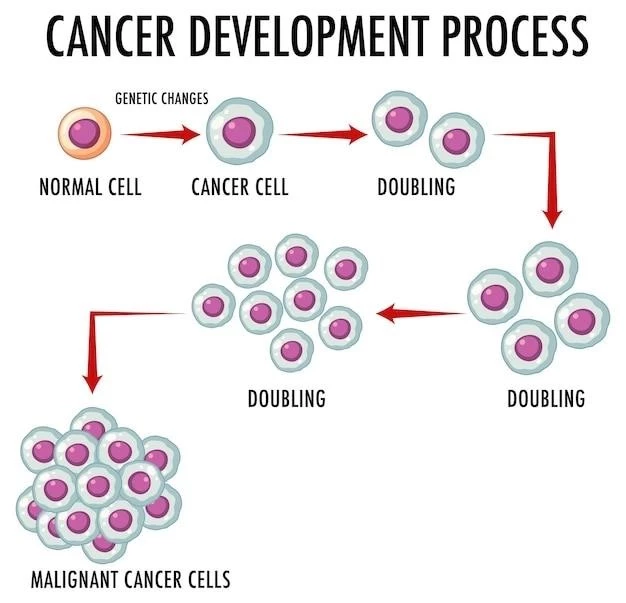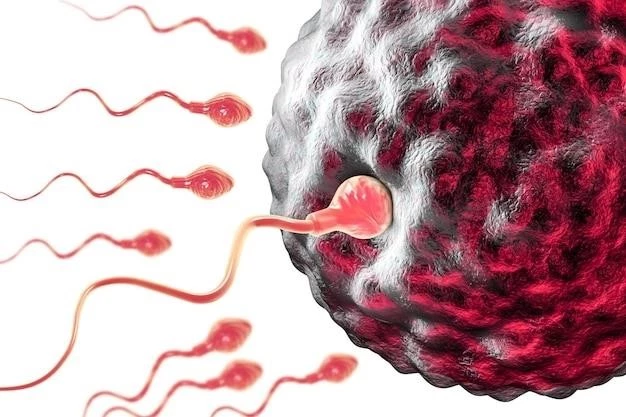A rare hereditary condition involving defects in multiple body systems. Causes unique facial appearance and increased risk of skin cancers and tumors.
Definition and Inheritance
Nevoid basal cell carcinoma syndrome, also known as Gorlin syndrome, is an inherited disorder involving multiple body systems. It is characterized by an increased risk of skin cancers and various tumors, affecting the skin, nervous system, eyes, endocrine glands, urinary system, reproductive system, and bones. The syndrome is typically passed down through families and can cause unique facial features and developmental abnormalities.

Symptoms of Nevoid Basal Cell Carcinoma Syndrome
Characterized by unique facial appearance, skin abnormalities, eye issues, and developmental problems. Increased risk for skin cancers and noncancerous tumors.
Skin Manifestations
Nevoid basal cell carcinoma syndrome can manifest with distinctive skin abnormalities, including basal cell carcinomas, small pits in the hands and feet, and benign tumors in various parts of the body such as the jaw, heart, or ovaries. Additionally, individuals may present with unusual facial features and multiple basal cell nevi. Regular skin examinations are crucial to monitor for any suspicious growths.
Nervous System Involvement
Individuals with nevoid basal cell carcinoma syndrome may experience nervous system involvement, which can include developmental problems, eye issues, and abnormalities of the spine, ribs, or skull. Early detection and management of these symptoms are important for overall health and well-being.
Endocrine Glands and Urinary System Abnormalities
Nevoid basal cell carcinoma syndrome can impact the endocrine glands and urinary system, leading to abnormalities that may require close monitoring and management. Endocrine issues and urinary abnormalities should be evaluated by healthcare professionals to ensure optimal care and address any related complications.
Diagnosis and Screening for Nevoid Basal Cell Carcinoma Syndrome
Diagnosis involves a comprehensive evaluation of skin abnormalities, imaging tests, and genetic testing to confirm the presence of the syndrome.
Radiological Investigations for Diagnosis
Radiological investigations, such as X-rays and CT scans, play a crucial role in diagnosing Nevoid Basal Cell Carcinoma Syndrome, particularly in identifying structural abnormalities in the bones, jaw, and skull that are characteristic of the condition.
Gorlin-Goltz Syndrome⁚ A Variant of Nevoid Basal Cell Carcinoma Syndrome
Characterized by a triad of typical manifestations including multiple basal cell nevi, odontogenic keratocysts, and skeletal deformities.
Role of Hedgehog Pathway in Tumorigenesis
Several components of the Hedgehog (Hh) pathway are crucial to basal cell carcinoma (BCC) tumorigenesis. Understanding this pathway helps in the diagnosis and management of Nevoid Basal Cell Carcinoma Syndrome.
Genetic Aspects of Nevoid Basal Cell Carcinoma Syndrome
A rare genetic disorder involving defects in multiple body systems, passed down through families, leading to a higher risk of skin cancers and noncancerous tumors.
Triad of Typical Manifestations
Gorlin-Goltz syndrome presents with a triad of typical manifestations⁚ multiple basal cell nevi, odontogenic keratocysts in the jaw, and skeletal deformities, which are key diagnostic features of this variant of Nevoid Basal Cell Carcinoma Syndrome.
Risk Factors and Associated Conditions
A rare genetic disorder passed down through families, leading to a higher risk of skin cancers and various tumors. Awareness and screening are crucial.
Increased Cancer Risk in Relatives
Relatives of individuals with nevoid basal cell carcinoma syndrome are at an elevated risk of developing certain cancers themselves. It is vital for family members to undergo regular screenings and genetic counseling to manage and reduce their cancer risk.
Treatment and Management of Nevoid Basal Cell Carcinoma Syndrome
Therapeutic approaches aim to address skin abnormalities, manage tumor growth, and provide genetic counseling for affected individuals and their families.
Novel Therapeutic Approaches
Emerging therapeutic approaches focus on addressing skin abnormalities, targeting tumor growth, and exploring new treatment modalities to manage Nevoid Basal Cell Carcinoma Syndrome effectively. Consult with healthcare providers for personalized treatment plans.

Prognosis and Quality of Life for Individuals with Nevoid Basal Cell Carcinoma Syndrome
Understanding the impact on development and long-term outcomes is essential for managing the condition effectively and maintaining quality of life.
Impact on Development and Long-Term Outcomes
Understanding the impact of Nevoid Basal Cell Carcinoma Syndrome on development and long-term outcomes is essential for providing comprehensive care, managing associated conditions, and improving the quality of life for individuals affected by the condition.
